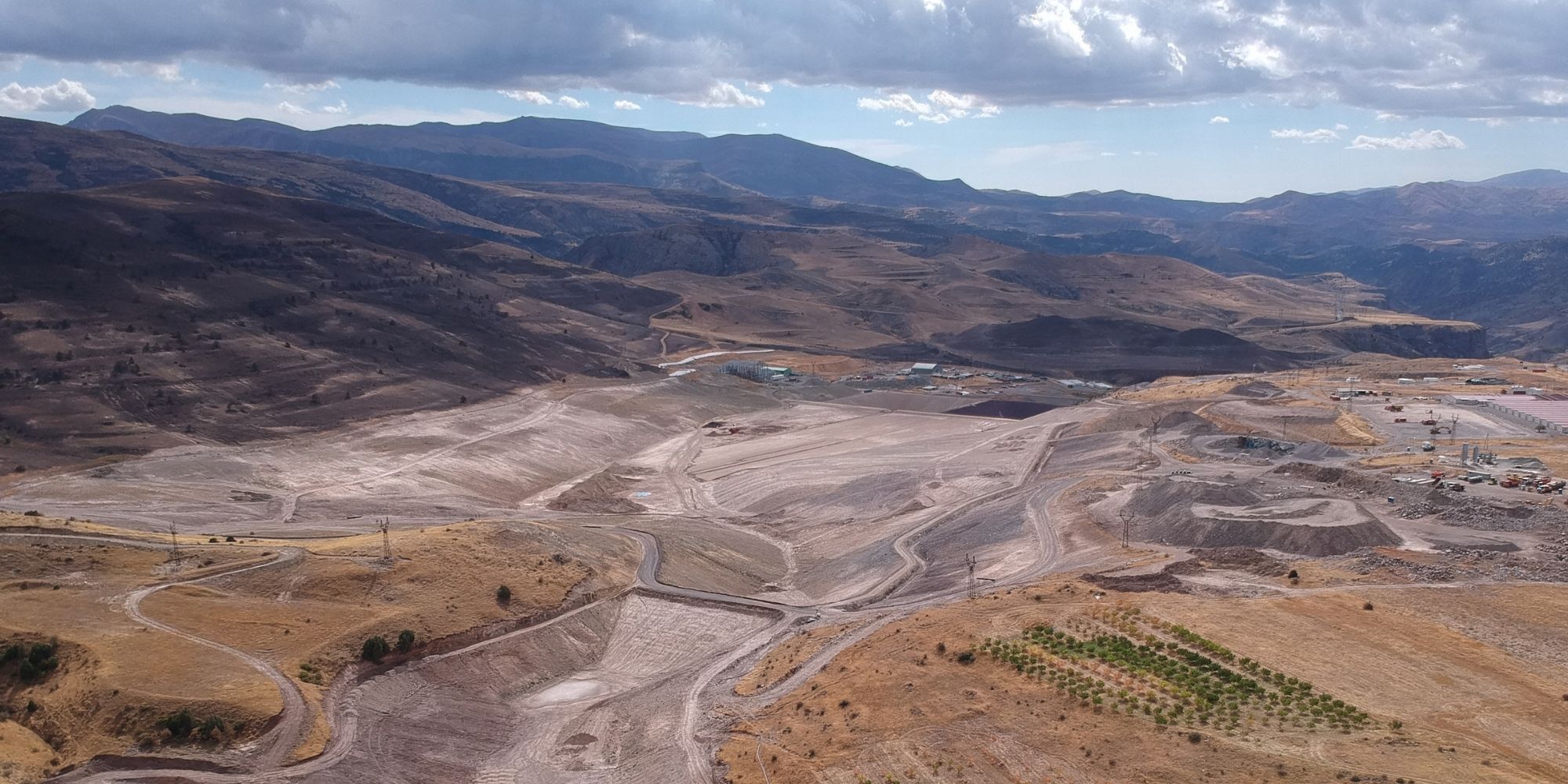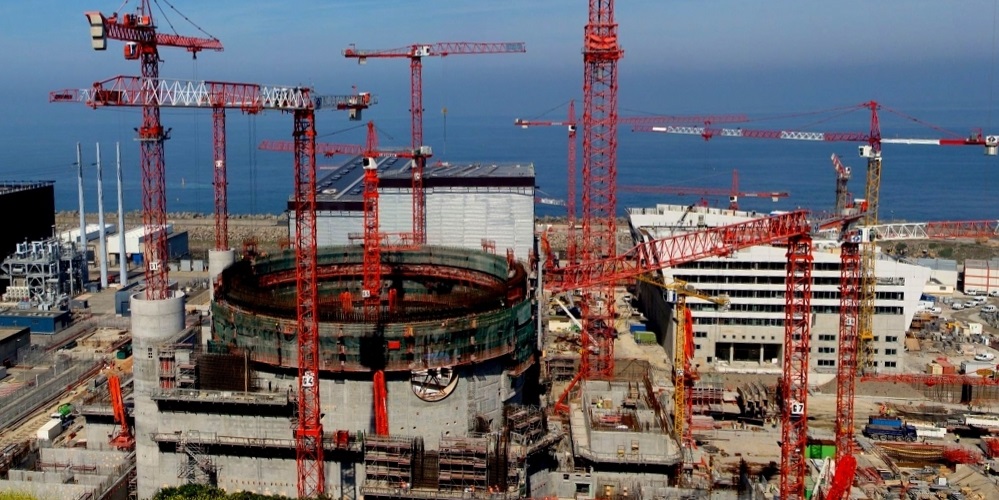Whether in Europe or beyond, public money must not become an auxiliary for human rights violations or the marginalisation of affected communities.
We expose cases where development banks fail to protect those impacted by their projects.
We advocate for participation and consultation processes that are not pro-forma exercises, but a tool to ensure people’s well-being.
We run a helpdesk where activists and communities can get advice on how to challenge controversial projects being considered for funding by development banks.
Close to frontline communities
We’re in direct contact with affected communities and provide updates from their struggles.
Image (c) Rosa Vroom
IN FOCUS
The Reconstruction of Ukraine
The scale of destruction caused by Russia’s aggression against Ukraine has been staggering. To repair the damage, joint efforts to coordinate donations and properly plan Ukraine’s reconstruction must start as soon as possible.
A successful reconstruction of Ukraine cannot happen without involvement of the Ukrainian people. That’s why we’re calling on international donors to ensure that the financial structures to help impacted communities are put in place and that civil society groups have a say in this process.
We believe that Ukraine and the international community have a unique opportunity to modernise the country while addressing people’s needs and long-term sustainability.
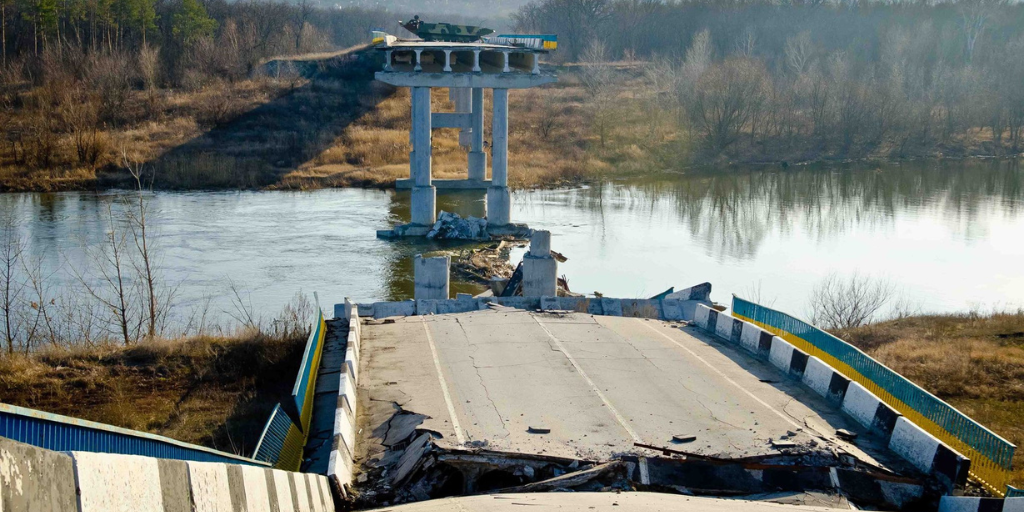
Amulsar gold mine, Armenia
The controversial Amulsar gold mine near the touristic spa town of Jermuk was supported by the EBRD equity investments, but blocked by locals after the velvet revolution in 2018. In spite of a number of legal threats and intimidation by the company, the blockade continued till the eruption of military conflict overNagorno Karabakh (Artsakh) at the end of 2020.
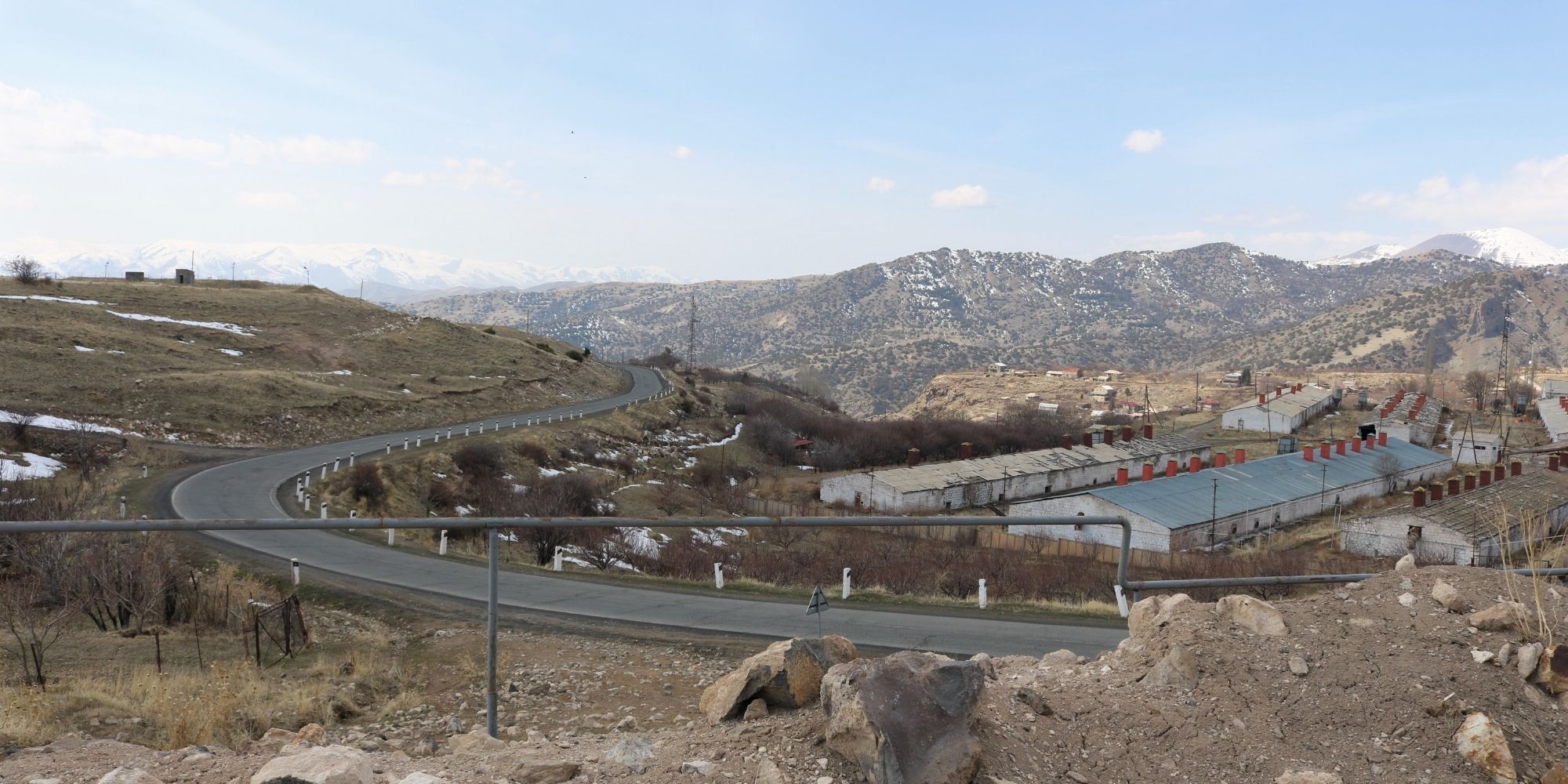
Myronivsky Hliboproduct (MHP), Ukraine
The leading Ukrainian agribusiness giant has been enjoying generous support in public funds and national subsidies. With over half a billion euros from the EBRD, EIB and the IFC, Myronivsky Hliboproduct PJSC (MHP) has grown into a near monopolist in poultry production. While MHP’s vertically integrated model has contributed to its status as a leading Ukrainian agribusiness, the scale and nature of its business have also contributed to mounting concerns about its social and environmental impacts. These concerns are compounded by patterns of poor community consultation and a lack of information provided about MHP’s operations, leaving project-affected people guessing about the true impacts of its operations.
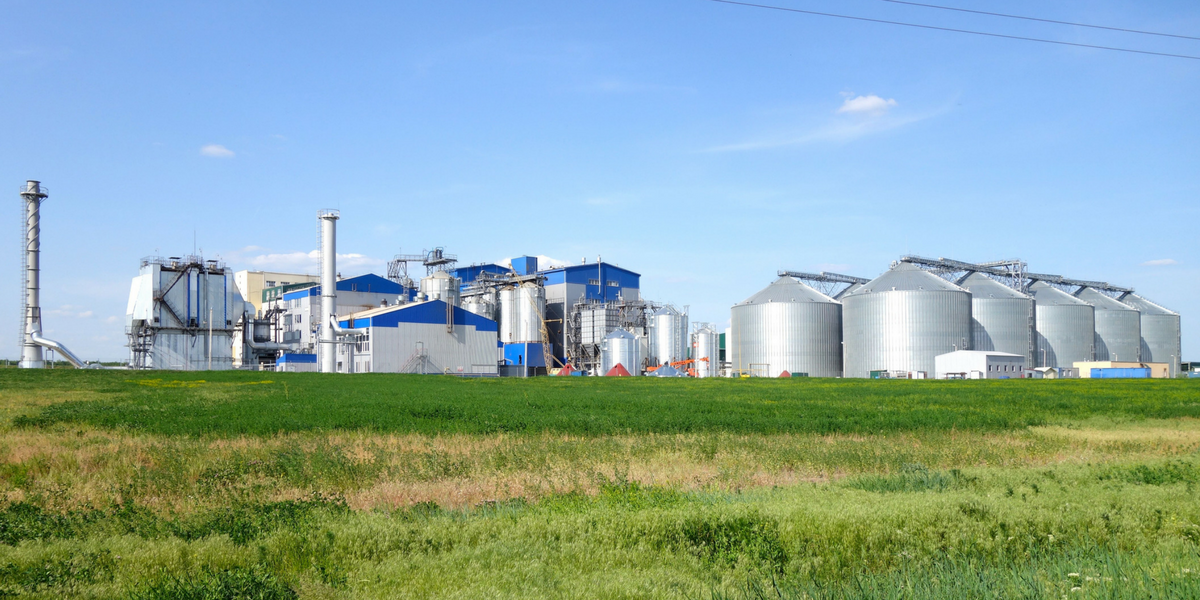
Corridor Vc motorway, Bosnia and Herzegovina
The Bosnian section of the international Corridor Vc is planned to run for 330 km through Bosnia and Herzegovina. Concerns about environmental impacts and threats to cultural heritage were raised by local people and cultural figures. The public discussions about the project have led to a series of scandals and a deadlock of the motorway’s development.
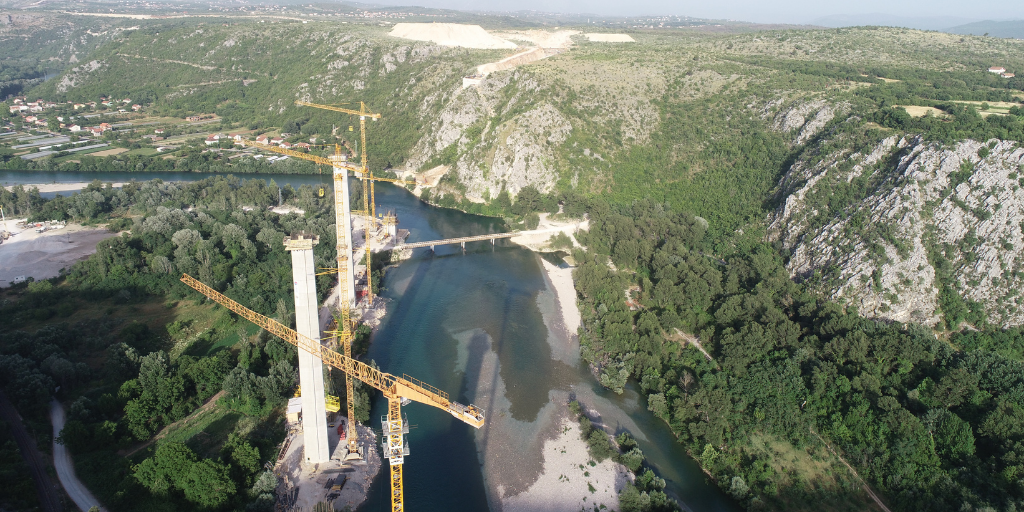
Our past projects
ARCHIVED: Minerals mining and supply chains
Global demand for minerals and other critical raw materials is intensified by the just transition to renewable energy and the digital transformation agenda. Therefore sustainable supply chains of minerals are fundamental to addressing the climate crisis and the Covid-19 crisis that humanity is facing today. The European Union needs to innovate and find solutions to achieve its circular economy and resource use reduction objectives and to meet the demand of EU’s industry and consumers, while still protecting communities and nature threatened by mining.
ARCHIVED: Export Credit Agencies (ECAs)
With many billions of dollars at their disposal, export credit agency finance far outpaces that of development banks and yet avoids the same public scrutiny. Most money flows into large infrastructure projects in politically-volatile countries that oft
ARCHIVED: Kresna gorge / Struma motorway, Bulgaria
The Struma motorway is tragically emblematic of an EU-funded project that has wrought havoc on European biodiversity and the wishes of local communities. In spite of two decades of protest by civil society and citizens, part of the Struma motorway section is planned directly through the Kresna gorge, a Natura 2000 site and Bulgaria’s richest biodiversity hotspot.
Latest news
Georgian Ministry of Energy orders use of force against local protesters who fear landslides from hydro construction
Blog entry | 14 March, 2014Last weekend, the Georgian Ministry of Energy and Natural Resources again left no doubt about where its main interests lie: enforcing the massive exploitation of Georgia’s hydropower potential despite and against people’s concerns and if necessary by use of force.
Read morePromoters of mega-dam in Georgia use front group and PR campaign and discredit local community
Blog entry | 27 February, 2014Georgian public opinion backs the village of Kaishi in the Georgian mountains that defiantly defends its land and tradition against the planned Khudoni dam. The project promoters have now embarked on an all-out promotion campaign including a fake non-governmental organisation.
Read moreGeorgian hydro projects are a test case for the EBRD’s good governance policies
Blog entry | 12 February, 2014As activists pointed out at a consultation meeting in Tbilisi, Georgia’s hydropower sector has plenty of lessons to be learned by the European Bank for Reconstruction and Development.
Read moreRelated publications
International financial support for Ukraine’s recovery
Study | 28 March, 2024 | Download PDFIn the third part of the research series ‘On the reconstruction front line: Ukrainian municipalities and the funding landscape’, we examine the support for Ukraine’s reconstruction which is being provided by international partners, financial institutions, and dedicated funds. This last section evaluates the availability of international financial support for municipalities.
Ukrainian municipalities: Accessing domestic and international financial resources for reconstruction efforts at the national level
Study | 28 March, 2024 | Download PDFIn the second part of the research series ‘On the reconstruction front line: Ukrainian municipalities and the funding landscape’, we identify opportunities for utilising state funds and other forms of state support to meet the recovery needs of municipalities.
Joint open letter to the Ukraine Facility trialogue negotiators
Advocacy letter | 23 January, 2024 | Download PDFAhead of the political decision to adopt the Ukraine Facility Regulation, a broad coalition of civil society organisations reached out to the trialogue negotiators to advocate for an inclusive and environmentally sound Ukraine Facility that ensures the country’s sustainable recovery.
